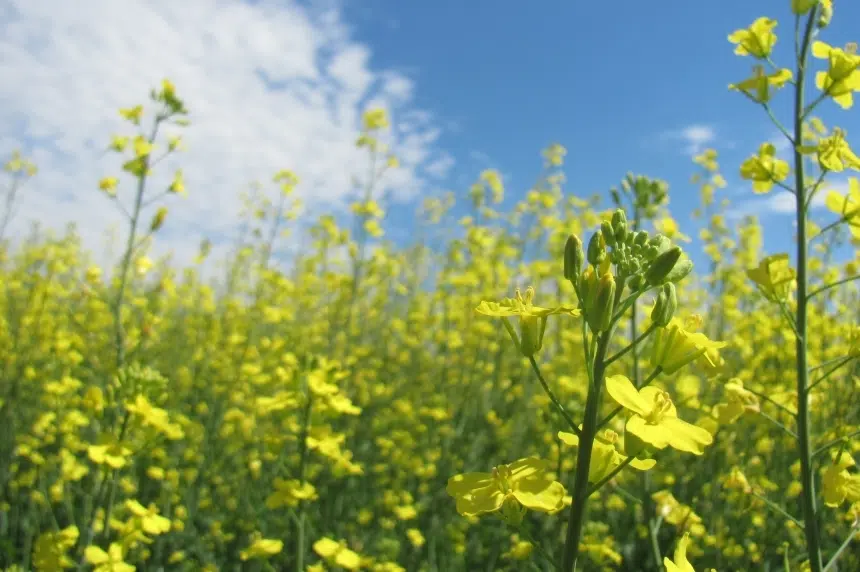Saskatchewan’s agriculture industry is about to get a boost, according to an economics professor from the University of Saskatchewan.
Dr. Richard Gray said the industry is seeing a rise in interest from companies because of the current push for renewable sources of energy – something canola can provide, thanks to its use in biodiesel.
“It means that there’s going to be more demand for (farmers’) product,” Gray said. “Currently we produce more canola than what is demanded by processors; locally, we process about half of it.
“With these plant expansions and additional plants, we’re going to see more processing demand for Saskatchewan and that means that the farm price is going to come up slightly relative to the rest of the world, but that also means these companies all see a future in processing canola for the biodiesel market.”
This is why companies are investing more into new canola crushing plants in the province. Construction on three more plants is expected to begin in the near future, with two going by Regina and one going in Saskatchewan’s southeast corner.
“It’s great because it creates additional and local processing demand for Saskatchewan canola and it will also bring value-added jobs to the province so it’s good news all around,” Gray said.
“It means that there’s a lot of interest in the future of canola and in particular biodiesel, which I think is a very good sign in the long-term markets for agriculture.”
And these plants will have a ripple effect for other industries as well.
“You have to construct the plants, you have to have people to run the plants, there are good-paying jobs, there’s tax revenue you generate from it, there’s local employment — all of those things are good for rural Saskatchewan,” Gray said.
He said a bushel of canola is made up of about 40 to 44 per cent vegetable oil, which is high in energy and it takes a small amount of processing can turn it into biodiesel.
And since Saskatchewan is such a hot spot for canola producers, it comes as no surprise companies are looking to set up shop here.
“Saskatchewan is the largest canola-producing province and the processors are looking at the supply of canola relative to their processing capacity and they decided this was the right place to expand canola crushing,” Gray said.











